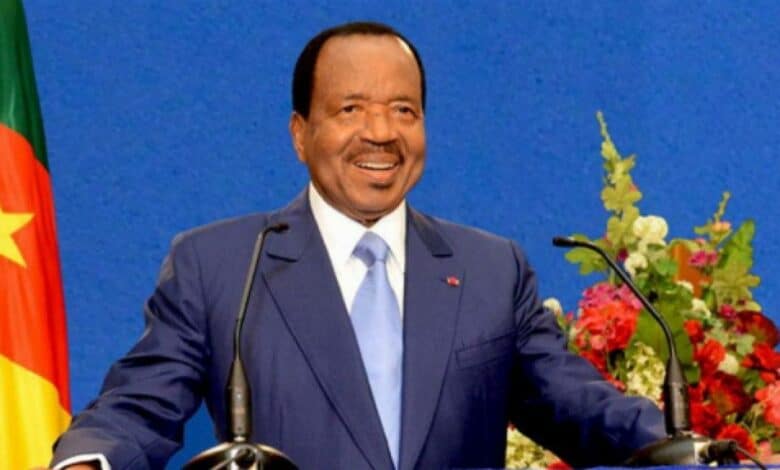Cameroon’s Minister of Territorial Administration, Paul Atanga Nji, has issued a directive banning discussions about President Paul Biya’s health, citing national security concerns and the need to maintain peace and stability in the country. This move comes after a flurry of false reports and rumors about President Biya’s health have been circulating in the media and on social networks.
President Biya, who has been in power since 1982, has been the subject of much speculation regarding his health and potential succession. At 91 years old, he is one of Africa’s longest-serving leaders, and his health has been a topic of concern for many Cameroonians. However, the government has consistently denied any rumors about his health, calling them “fanciful” and “unhealthy”.
Minister Atanga Nji’s directive warns that any debates or comments about President Biya’s health in the private media or on social networks will be considered a threat to national security and will be punishable by law. Governors have been instructed to set up monitoring units to track and record any broadcasts or online activity that violates this directive.
This move has sparked concerns about freedom of speech and the government’s increasing crackdown on opposition and dissent. Human Rights Watch has criticized the government’s actions, stating that restrictions on free speech should only be applied in limited circumstances, such as national security or protecting the rights of others .
The ban on discussions about President Biya’s health is the latest in a series of moves by the government to stifle opposition and dissent ahead of the 2025 presidential elections. In March, the government banned two opposition coalitions, describing them as “clandestine movements”. The country’s national assembly has also passed a law extending its members’ term in office until March 2026 and postponing parliamentary elections scheduled for February 2025.
